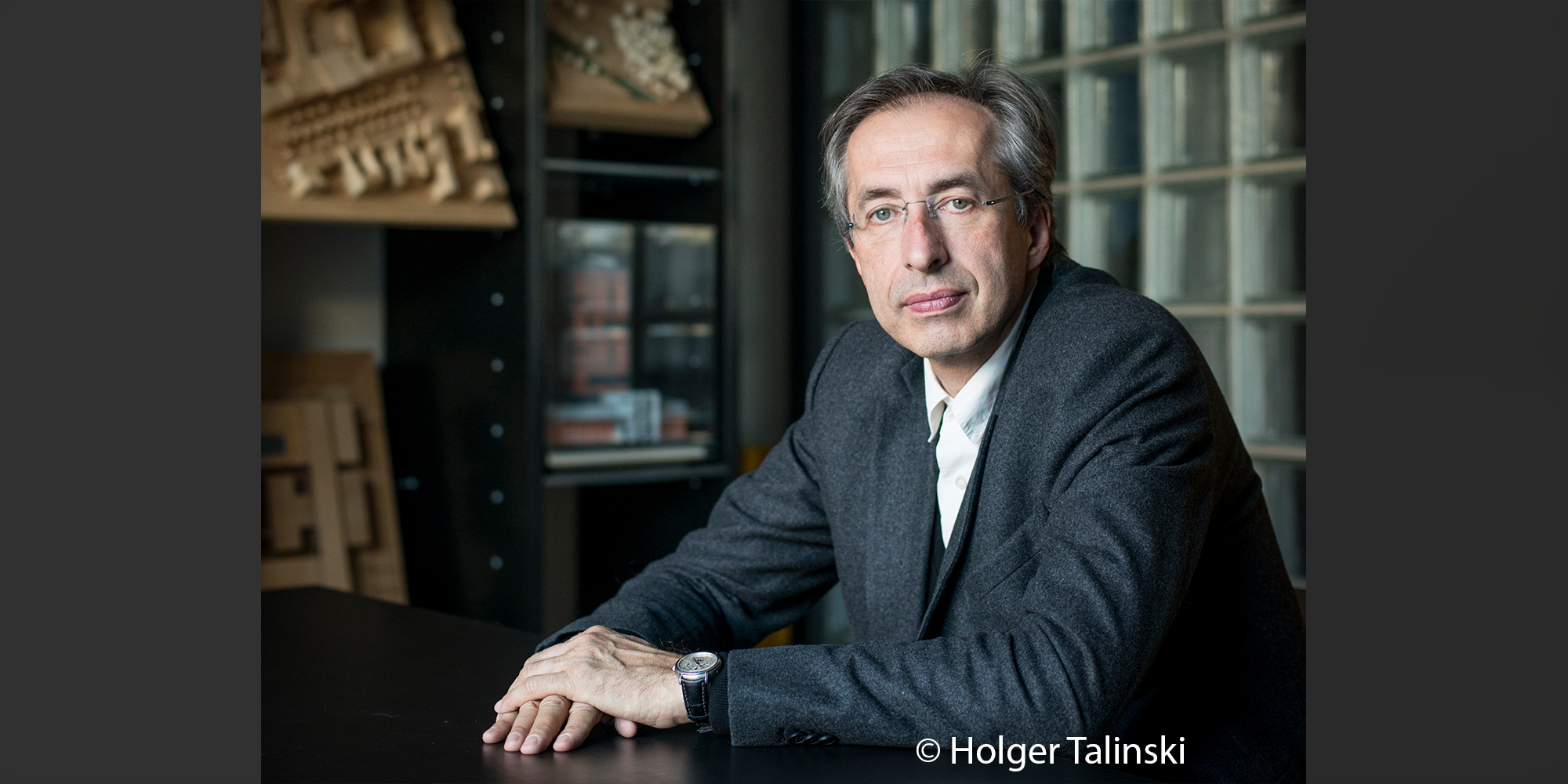Welcome to another insightful installment of Media Matters, our interview series on Fublis, where we sit down with influential media professionals from journalists and editors to writers and beyond.
In this edition, we feature an exclusive conversation with Srajati Tiwari, a leader in sustainability, urban planning, and climate action. Srajati brings a wealth of experience through her leadership roles with the CSI Global Advisory Board and YOUNGO at the UNFCCC and UNEP. As a passionate advocate for climate resilience and urban sustainability, she offers her insights on bridging the gap between policy and action, the challenges of urban development, and the role of global partnerships in addressing climate change.
Join us as we explore how Srajati’s work is shaping the future of climate-adaptive cities and empowering communities across the globe.
What inspired you to lead the CSI Global Advisory Board and YOUNGO at the UNFCCC and UNEP?
Srajati Tiwari: My inspiration comes from recognizing the urgent need to address the climate crisis through collaborative global efforts. As someone deeply invested in sustainability and urban planning, I saw a clear path to influence meaningful change by engaging with international platforms like YOUNGO and the CSI Global Advisory Board. Leading these initiatives allows me to work at the intersection of policy, advocacy, and innovation, empowering diverse voices, especially from youth, to shape climate solutions. I believe that integrating insights from both grassroots and global perspectives is critical to creating resilient, future-ready urban systems.
How do you think your work with these groups helps with climate change?
Srajati Tiwari: Through my involvement with CSI Global Advisory Board and YOUNGO, I aim to bridge the gap between policy creation and practical implementation. We focus on creating strategies that align with the Sustainable Development Goals (SDGs) and emphasize climate adaptation and mitigation in urban areas. My work helps bring together stakeholders from different sectors—government, academia, and civil society—to develop action plans that can be scaled and tailored to different contexts. By facilitating these dialogues, we are helping cities adopt more sustainable and resilient planning practices, ensuring they are prepared for the challenges posed by climate change.
What challenges have you faced in urban and regional planning?
Srajati Tiwari: One of the main challenges is balancing rapid urbanization with sustainability goals. Cities are expanding faster than infrastructure, often leading to unplanned settlements, environmental degradation, and social inequities. Another challenge is the lack of integrated planning across sectors – the blend of practicality & research, as urban planning often happens in silos without considering the full impact on ecosystems, transportation, or housing. Securing adequate funding for sustainable projects and overcoming political and bureaucratic hurdles also add complexity to implementing long-term climate-resilient solutions.
How do you keep your research relevant to the fast pace of city life?
Srajati Tiwari: I ensure that my research is always grounded in real-world applications. Staying connected with on-the-ground developments in cities & understanding the vulnerabilities of people, watching them as an empath, engaging with local planners, and leveraging cutting-edge technology like GIS and data analytics keeps my work aligned with the dynamic nature of urban environments. Collaborating with academic and professional networks also helps me stay informed about the latest trends and innovations in urban resilience and climate action, allowing my research to offer timely and applicable insights.
How do global partnerships support the goals of the CSI Global Advisory Board?
Srajati Tiwari: Global partnerships are essential in creating an inclusive approach to climate action. We can share best practices, knowledge, and technology by working with partners across different regions and sectors. These collaborations help us design solutions that are not only innovative but also scalable and adaptable to diverse urban contexts. Partnerships also amplify our advocacy efforts, ensuring that the voices of vulnerable communities are heard in international decision-making processes, which is a vital goal of the CSI Global Advisory Board.
Can you share a collaboration that made a big impact in urban planning or climate action?
Srajati Tiwari: Research Project on National Adaptation Plans (NAPs) under Climate Solutions International (CSI) at the UNFCCC
Under the CSI Global Advisory Board, the research project focused on National Adaptation Plans (NAPs) plays a crucial role in aligning urban planning with climate resilience, particularly in vulnerable nations. This project aims to provide a comprehensive framework for integrating climate change adaptation into national development plans, prioritizing sectors like urban infrastructure, water management, agriculture, and health.
Key objectives of the NAPs research project include:
Vulnerability Assessment: Identifying urban regions and populations at high risk of climate-induced disasters (e.g., floods, heatwaves) and developing tailored resilience strategies.
Capacity Building: Strengthening the ability of national and local governments to implement adaptation measures, focusing on enhancing technical knowledge and cross-sectoral collaboration.
Financing Mechanisms: Developing pathways to finance adaptation initiatives through international climate funds like the Green Climate Fund (GCF) and mobilizing private sector investments for urban infrastructure projects.
Monitoring and Evaluation: Establishing robust metrics to assess the effectiveness of urban climate adaptation strategies and ensuring that NAPs are regularly updated based on evolving climate data and technologies.
The collaboration within the UNFCCC framework, particularly through YOUNGO and CSI, helps ensure that climate action in urban settings is coordinated globally, with lessons and best practices being shared among nations to scale impact.
What drives you to write about urban planning and sustainability?
Srajati Tiwari: Writing allows me to synthesize complex urban challenges and climate issues into accessible narratives. I’m driven by the need to communicate ideas that can inspire action and inform both policymakers and the public. My passion for research and the belief that sharing knowledge can lead to transformative solutions motivates me to write about these subjects. I see writing as a way to advocate for change, present innovative solutions, and raise awareness about the critical intersections between urbanization and sustainability.
How do you want your writing to influence sustainable urban development?
Srajati Tiwari: I hope my writing & research encourage policymakers, planners, and communities to take a more holistic and proactive approach to urban development impacting life of people. By highlighting successful case studies, offering actionable insights, and presenting forward-thinking strategies, I aim to influence decision-making processes that prioritize long-term sustainability. I also want to inspire a broader audience to recognize the importance of climate-resilient cities and to advocate for more inclusive, equitable, and sustainable urban planning practices.
What are your main goals for the future in urban planning and climate action?
Srajati Tiwari: My main goal is to integrate climate adaptation and mitigation strategies into mainstream urban planning, making it a core element of how cities grow and evolve. I also want to focus on empowering local governments and communities to build resilience against climate impacts through participatory planning. Another key objective is to promote global cooperation in developing sustainable cities, ensuring that knowledge and resources are shared across borders to support climate-vulnerable regions.
What advice do you have for newcomers who want to work in sustainable urban development?
Srajati Tiwari: Start by building a solid foundation in both the technical and social aspects of urban planning. Understanding how cities function as complex systems is crucial but learning how to engage with communities and stakeholders is equally important. Stay curious and open to learning from different perspectives towards city life—whether it’s through policy research, fieldwork, or international conferences. Most importantly, I want to remain adaptable and committed to sustainability, as this field constantly evolves with new challenges and innovations.




